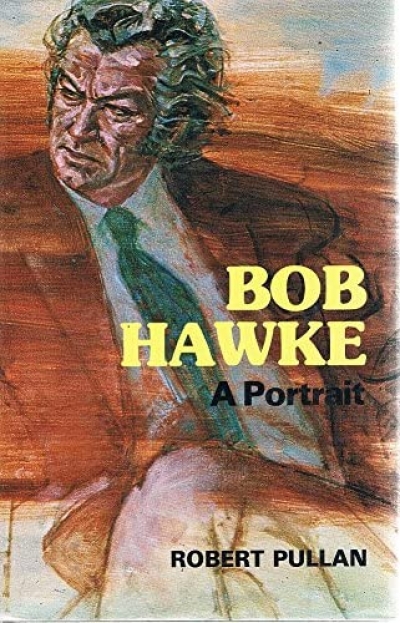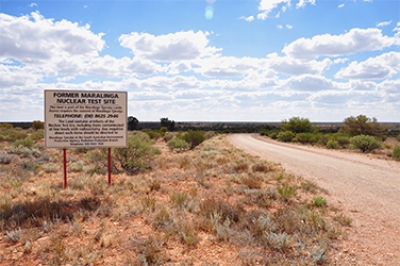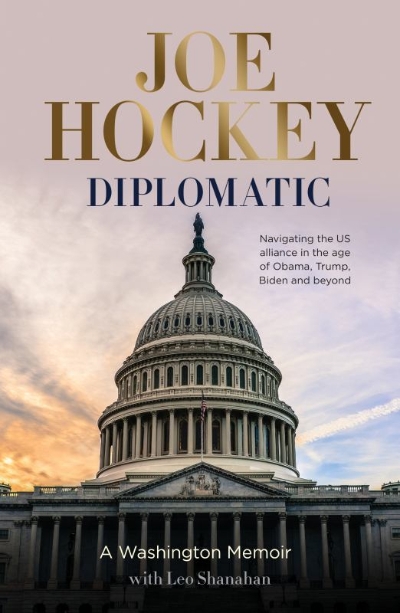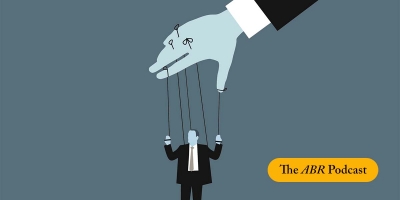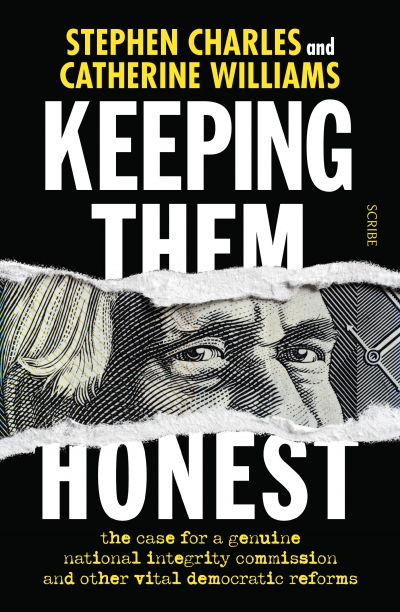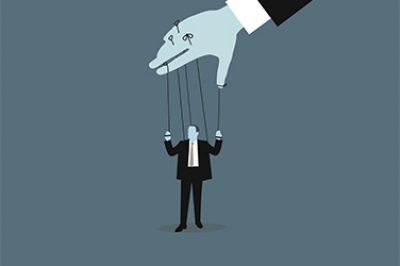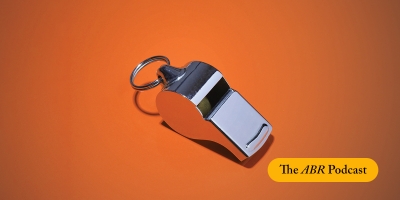Australian Politics
Success may not always have come easy to Robert James Lee Hawke, but it has come often. In 1969 he became President of the ACTU without ever having been a shop steward or a union organiser or secretary; he had never taken part in or led a strike. His experience at grass roots or branch level in the ALP had not been extensive when he was elected Federal President of the party in 1973. Now, untested in parliament and government, his jaw is firmly pointed towards achieving what has always been his ultimate ambition – the prime ministership.
... (read more)When I was launching my book Atomic Thunder: The Maralinga story in 2016, one of the guests put it to me that the name Maralinga should be just as recognisable in Australian society as Gallipoli. This comment suggested that the British tests had a broader meaning that spoke to a national mythology and were not just interesting historical events.
... (read more)Diplomatic: A Washington memoir by Joe Hockey with Leo Shanahan
In the chaos that opened the Trump administration in 2017, foreign governments were looking for any and all insiders for information. Australia turned to Joe Hockey, who turned to golf. In this very readable account of the former treasurer’s four years in Washington (2016–20), Hockey tells us how he navigated ‘TRUMPAGEDDON’. This is a story replete with funny anecdotes and unsettling observations. Diplomatic leaves the reader convinced that diplomacy is more about art and luck than about science and process. It is also oddly reassuring about the vicissitudes that the Australia–United States relations can weather, even under the most weird leadership.
... (read more)When Scott Morrison called the federal election in early April, he did so on an apologetic note: ‘I get it that people are tired of politics.’ This was a predictable gesture from the prime minister: his term has been marked by a series of controversies that have raised many questions about his capacity to lead on some of the country’s most pressing issues, though relatively few about his skill in internal party politics.
... (read more)I don’t know why some people seem to think voting is a great imposition. I love lining up and watching the person behind the table pick up the ruler and find my name. There’s a little warm glow of being one tiny thread in the great muddled ball of string that is the democratic process. Always, in the queue there’s a particular feeling: pleased, proud, everyone hugging to ourselves the little secret of how we’re going to vote. When my kids were at primary school, I loved helping to person the stall churning out the Democracy Sausages.
... (read more)In Australia today, many young people are actively engaged in politics. While adults often describe young people as disengaged, apathetic, or uninformed about politics, these perceptions and labels do not align with the reality. As Judith Bessant has pointed out, ‘[T]here is a long and rich history of political action by children and young people’ (Making-Up People: Youth, truth and politics, Routledge, 2020).
... (read more)Keeping Them Honest: The case for a genuine national integrity commission and other vital democratic reforms by Stephen Charles and Catherine Williams
One of the most important pieces of public interest journalism in recent times, and one with direct relevance to Australia, was written from a prison camp east of Moscow in 2021 by Russia’s de facto opposition leader, Alexei Navalny, incarcerated by the Putin government after its failed assassination attempt on him (Guardian, 20 August 2021). During his imprisonment, Navalny had identified a pattern in the memoirs of world leaders. Integrity was never mentioned in their accounts of ‘big agenda’ policy successes, only failures. The argument that pervasive corruption in the government of Afghanistan explained the failure of Western intervention there is one example. Navalny said the pattern invited an obvious question.
... (read more)Earlier this year, Ray Hadley was interviewing Scott Morrison on 2GB when the subject turned to the internal preselection battles of the Liberal Party in New South Wales. ‘And so it’s time for those who, you know, don’t do this for a living, to really allow those who really need to get on for the sake of the Australian people here,’ Morrison declared, none too coherently.
... (read more)In an age of disinformation, whistleblowers such as Julian Assange and Edward Snowden have been accorded the status of folk heroes. And yet, as their respective cases show, no other act of public service is harried as ruthlessly and vindictively by governments whose secrets have been aired. In this episode of The ABR Podcast, listen to Kieran Pender read his cover feature for the April issue, in which he argues for stronger whistleblower protections by examining the case of Bernard Collaery.
... (read more)In 1976, the Australian government signed an agreement with one of the leading universities in the world, Harvard, to fund a visiting professorial position in Australian Studies. Originally conceived by the government of Gough Whitlam, the gift of US$1 million was a token of Australian goodwill to the United States on the bicentennial celebration of the American Revolution. Its purpose was to promote increased awareness and understanding of Australia by supporting teaching, research, and publication.
... (read more)

